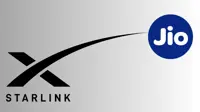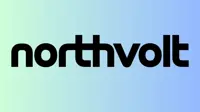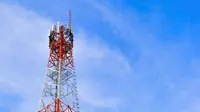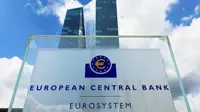CAS: Govt mulls soft launch
By Our Convergence Bureau | 28 Jun 2003
New Delhi: Conditional access system (CAS) is proving to be a virtual pain in the neck of the government given the obdurate stance of broadcasters coupled with the unenthusiastic response of viewers towards the issue, which is negating the oft-stated objective of the government in implementing the system.
Hence the government may be considering a soft-entry policy on CAS implementation to meet the 14 July deadline. The soft entry policy translates into a partial implementation of CAS, meaning that viewers who have bought set-top boxes should be able to access pay channels through it at slashed prices and those without it can still view them at the old rates. Recently Information and Broadcasting Minister Ravi Shankar Prasad said the government may have to give up the CAS plan.
At a rally organised by the Delhi state unit of the BJP, M Venkaiah Naidu also reiterated that the party is with the cadre on the issue. "We will not allow CAS if it charges a single rupee more from the people.
The major worry for the government with the elections drawing near is no to annoy consumers at any cost. Another factor is that with the uncertainties over the status of the pay channels, the import of boxes has slowed down, says a ministry official.
However, if the government decides to partially implement CAS, it will have to amend the Cable Television Act enacted by the parliament, which mandates that from 14 July all pay channels will go off the air without the introduction of CAS. The issue of implementation of CAS can be resolved if the major broadcasters come to an agreement over prices of their popular pay channels.
The bigger broadcasters favour pricing the channels in bouquets while the government is against this and wants that the rate of each channel be announced separately. The notification issued by the information and broadcasting ministry recently also gives it the power to take legal action against cable operators who continue to offer such channels.
In a related development Star, Sony and Zee have floated the idea of launching duplicate free-to-air (FTA) channels with programmes chosen from their main pay channels, according to senior officials from the I&B ministry. This basically means that there won't be any fresh programmes on the FTA channels and the content will be a repeat of what has been carried in the pay channels of Star Plus, Zee TV and SET Max.
The concept of duplicate or clone channels exists in a number of countries where broadcasters have twin channels — one in pay mode and another free, with similar content, but different timings. The idea is to get subscription revenue from the pay channels, and ad revenues from FTA channels, with no extra expenditure on programming.
There are various options before the government, including enacting a legislation capping the advertising levels on pay channels. Internationally, many broadcasters (free to air) follow the norm of limiting ad time to 10 minutes for a one-hour programme. Also most pay channels in the US, the UK and Canada do not carry ads.
Although the government is working on its next move on CAS, it is talking about alternative technologies in media, such as direct-to-home (DTH) and digital terrestrial transmission (DTT).
But, even DTH, something that was cleared way back in 2000, is not in operation in the country and even a letter of intent has not been issued to any of the DTH applicants yet. Star-backed Space TV and Subhash Chandra-backed Agrani are the pay DTH applicants. Space is yet to pay up Rs 10 crore towards entry fee. Prasar Bharati too wants to start a free-to-air DTH project.









.webp)














